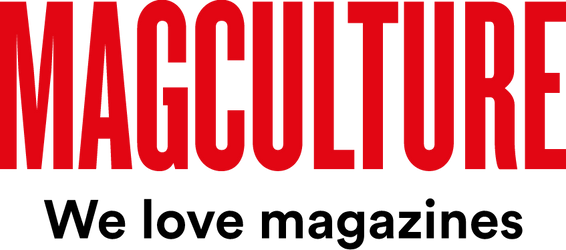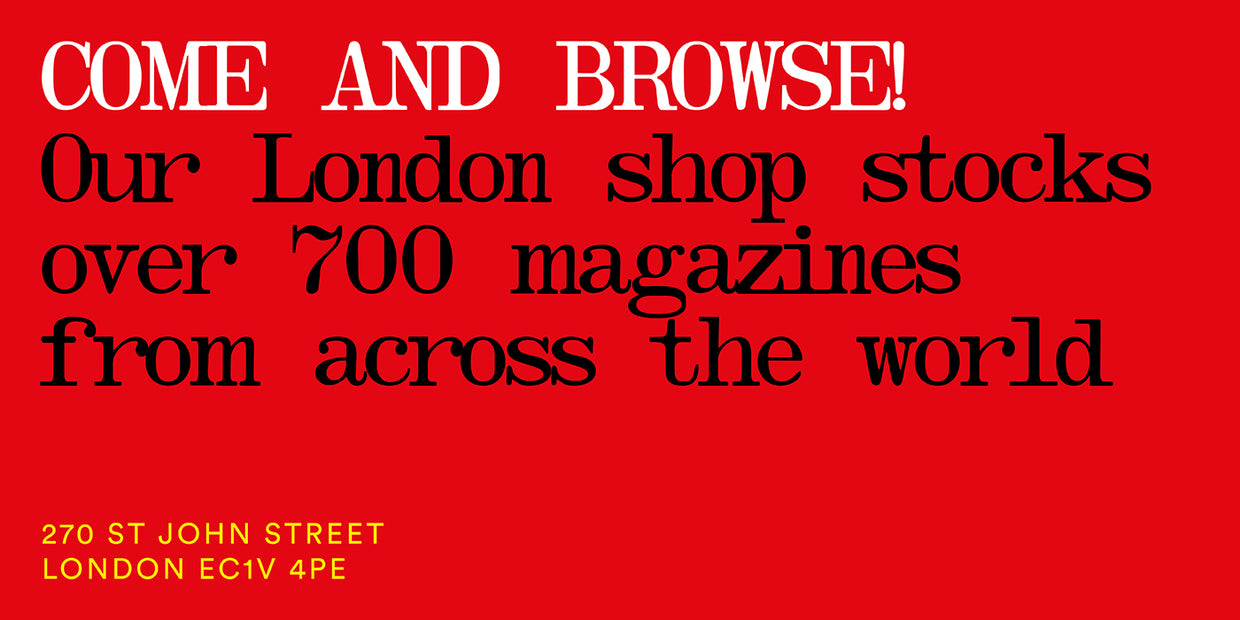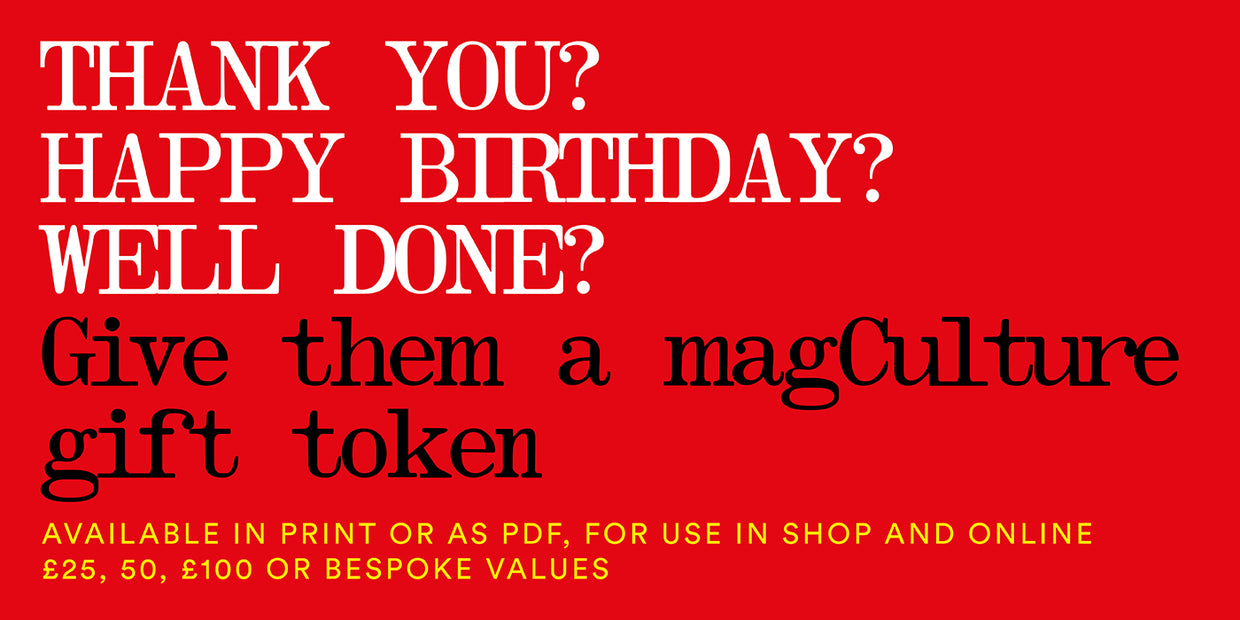
Georgina Reid, Wonderground
Australian writer, editor and former landscape designer Georgina Reid launched The Planthunter website in 2013, to explore the connections between people and plants.
Biannual print magazine Wonderground followed in 2021, promising long-form writing about nature, culture and care. Georgina says. She shares the origins of the magazine as she answers our weekly Q&A, ‘I always wanted to create a print publication but knew that it was important to build an audience first.’
What are you up to this Monday morning?
I live and work on the banks of the Hawkesbury river, just north of Sydney, Australia. My studio is about 20 metres from my house and my commute (if you can call it that) involves a stroll through the garden.

Once I get to my studio, I turn to a fresh page in my notebook and start the week by writing a list of all the things I need to think about/do during the days ahead. And then I get started doing them. I might also tidy my studio too, before I start working. There is something about making a space beautiful and ordered, and somewhat tidy, that feels important.

Describe your desk and your work space.
I work in a very small studio (2.4m x 2.4m) I built during Covid in 2020, with help from a friend. It’s made entirely from found or second hand materials and is one of the best things I’ve ever done (apart from Wonderground, of course!).

The walls are painted green and are lined with books and plants and meaningful objects. The windows look out onto the river. At high tide the water is a few meters from my desk—I watch the river and the river watches me.

Which magazine do you first remember?
When my brother and I were very young we found a pile of old Playboy magazines in Dad’s shed. I was unperturbed by the images, but I remember being very confused about the words relating to them!

Which magazine matters to you the most this morning?
Griffith Review—an Australian quarterly literary magazine—always finds a place on my desk.

Describe Wonderground in three words
Nature, culture, care.

The theme of the current issue, ‘Lost’, reminds us of the need to resist the increasing demands for attention and lose ourself. How do you manage to lose yourself?
I go to the trees to lose myself. I live on the edge of a national park and when my brain gets too noisy I take myself for a walk through the forest. It is about perspective, about remembering who and where I am and what is important.

Give an example of how changing our approach to landscapes and gardens can really make a difference.
It is commonly assumed that nothing of great consequence happens in the garden. That it is a space separated from the rest of the world with very little cultural resonance. Dialogue around gardens is commonly situated in the practical, the informative, the instructional.
And yet, the garden is, arguably, the best place to articulate and explore the human relationship to nature. It’s a mediated space, a safe space, and a space in which dialogue between human and nature is necessary, essential.
How do we want to be in the world? What futures can we grow? What does connection, regeneration and care look like? Answers to these questions, and so many more, can be found in the garden. It is not just an escape from the world, but a tether to it.

You’ve been publishing stories on your Planthunter website since 2013. Why launch a print magazine now?
I always wanted to create a print publication but knew that it was important to build an audience first. This is much easier to achieve via an online platform, like The Planthunter. Since launching in 2013 it has grown like a weed, and has enabled me to do a bunch of other things, like launching Wonderground.

Also, more importantly, I wanted to make a publication that could be held and felt and pondered. You need to yell to get people’s attention online, and I don’t like yelling. I am not interested in publishing stories like ‘Top 10 Plant trends in 2022’. I am interested in meaning, regeneration, transformation. Big—but often quiet—ideas worthy of contemplation.
Please share one piece of advice for somebody wanting to launch their own publication.
Build an audience first, if possible. Know who they are and what they think they want, and then give them the things they don’t realise they want. Be brave, be true.
What are you most looking forward to this coming week?
Finishing writing a few piece for Wonderground issue three. Seems I’m always on deadline!


